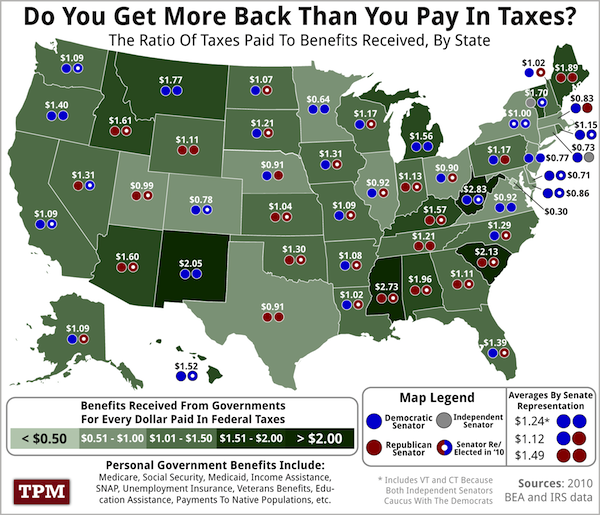The biggest problem with the euro, as I see it, is that it eliminates the balancing mechanisms that act to reduce trade and budget deficits without much recycling of surpluses (either as investment or as transfer payments) from surplus countries to deficit countries. It also chains countries to the same monetary policy, preventing anyone from deliberately stimulating inflation (as the Icelanders did) to escape from a banking crisis.
If the Greeks still had the drachma, nothing like this would have occurred. The large trade deficit would have resulted in a devalued drachma that would have driven up the drachma cost of imports while driving down the cost of Greek exports and tourism. The budget deficit and resulting debt would have caused interest rates on government debt to remain high and prevented the spending spree that resulted from the inappropriately low rates in 2001-9. And the excessive spending would have stimulated inflation to a much greater extent, reducing the debt burden.
As it is, everyone's hands are tied and none of the usual mechanisms to get out of debt crises (default, devaluation, inflation) are open to the Greeks and the rest of southern Europe more generally. The reason for the insistence on austerity isn't just macroeconomic stupidity, it's that the only option available while keeping everyone in the Eurozone is internal devaluation by deliberately triggering an austerity-induced depression.
Greece is more or less just a reductio ad absurdum of the problems that face countries like Portugal and Italy, which have high debt for structural reasons and didn't cook the books to get admitted to the euro fraudulently, as well as Spain and Ireland, which were extremely fiscally responsible but suffered a banking crisis that was turned into a public debt crisis. Those countries all appear to be somewhat stable for now after years of pain, but I don't like their chances of getting through another global recession without ending up in a Greece-like situation.
The other problem is that currency unions are really difficult to undo once they are done. Even though most people understand that the euro is causing serious problems in the periphery, nobody has been willing to take the traumatic plunge that exiting the eurozone would entail, including bank failures from the suspension of ECB support and a period of high inflation as the new currency depreciates against the euro. In Greece's case, the plug will eventually have to be pulled although Syriza proved too spineless to do it, so the can has been kicked a little further yet again. In the other countries, it won't even be considered unless another global recession puts them into Greece's position. As for Germany, they'll never leave because a new Deutschmark would rise rapidly against the euro, crushing their trade surplus. It's one thing to realize in retrospect that the euro was a bad idea, and another thing entirely to actually give up and unwind it.

